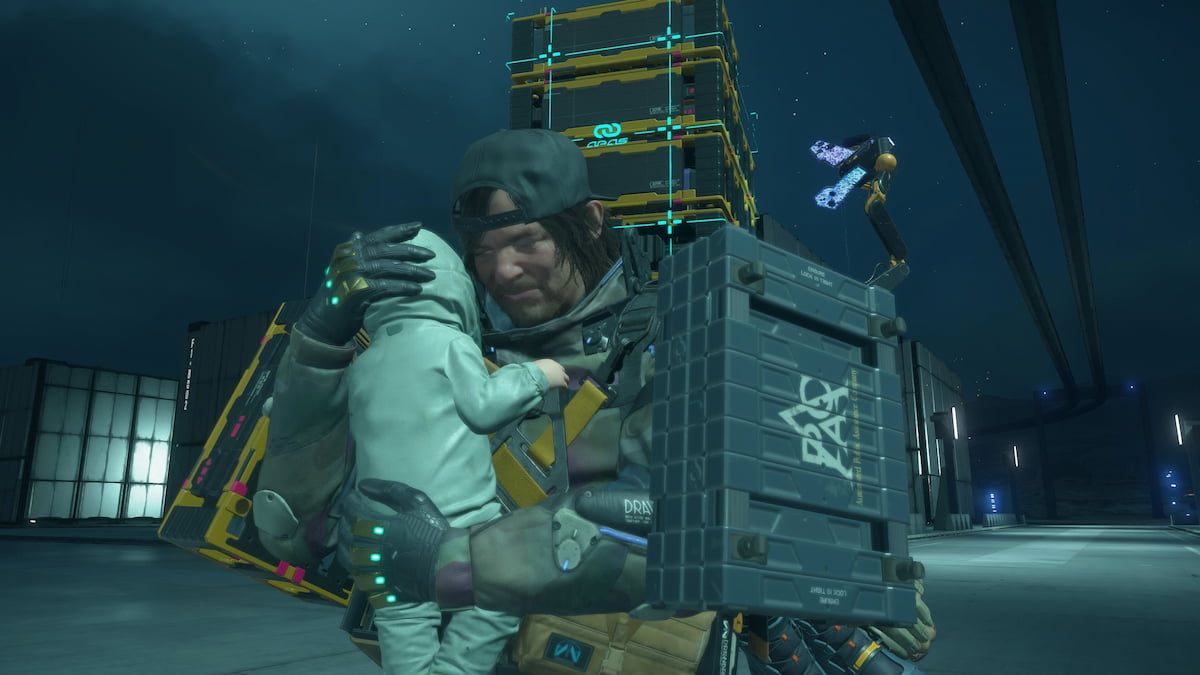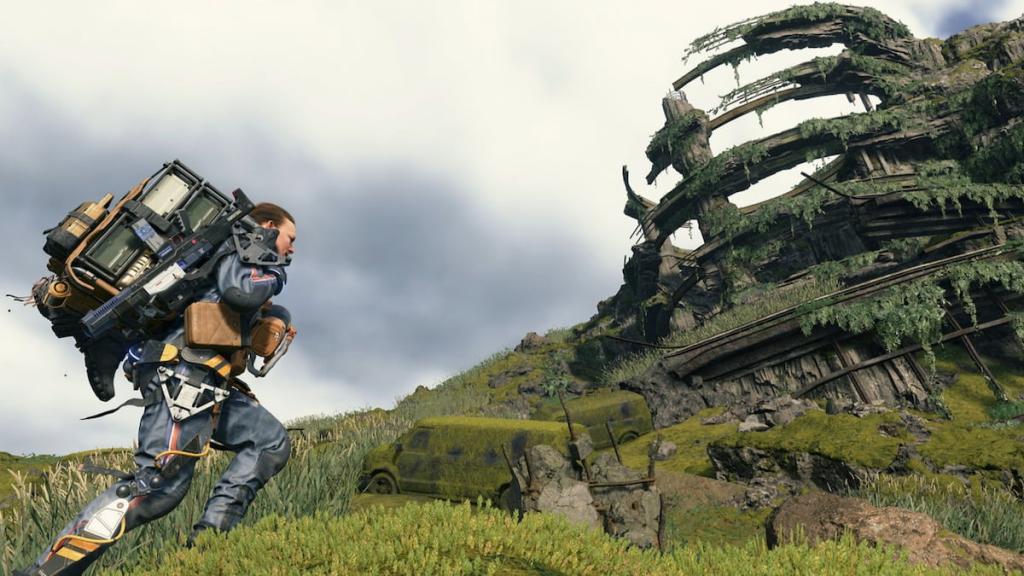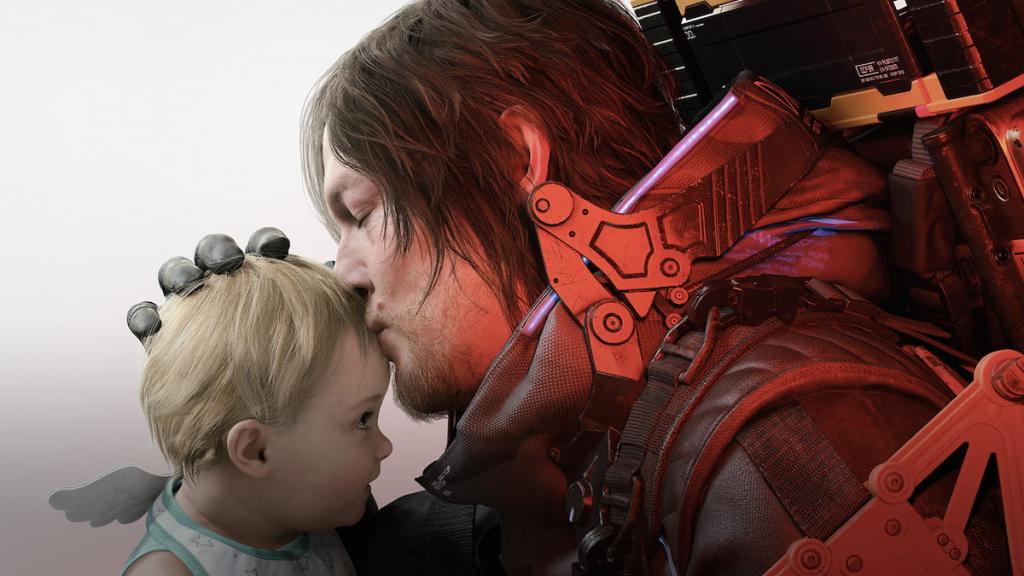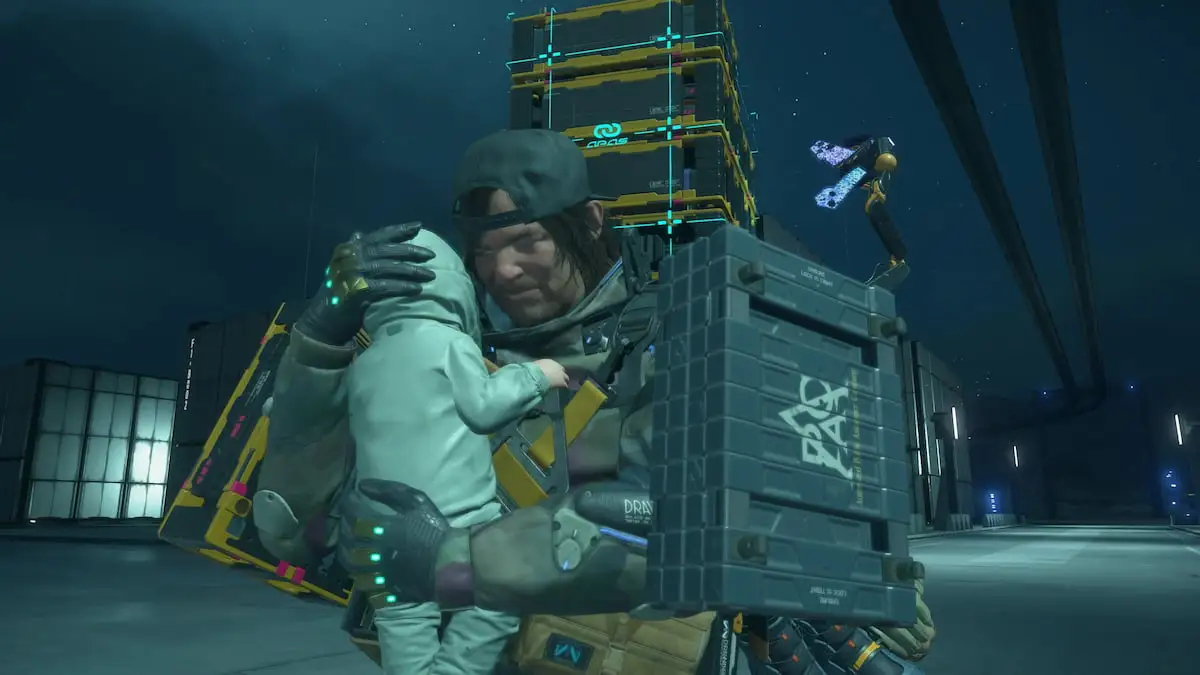
It’s quite hard for me not to get emotional when I think about Hideo Kojima and his games. I’m a big fan, yes, but the way that several of his games have hit me at specific points in my life has left an indelible mark on who I am.
From odd and quirky to straight-up weird, Kojima’s games often make headlines and enter discussions for their shock factor or general silliness. But within each title are also themes and messages that have helped me cope with everything that life seems to find a way to throw at you when you’re struggling most.

I’m eternally thankful that I had a relatively smooth childhood, so a bulk of Kojima’s repertoire was just there for me to enjoy, for the most part. But then again, I also used to look to future Metal Gear Solid games as something of a North Star growing up as I struggled with angst, depression, and aimlessness in life. I had to keep going because I had to know how Solid Snake’s story would end.
Those early games were not without their own lessons, though. Metal Gear Solid and Metal Gear Solid 2: Sons of Liberty taught me about the world’s issues with ongoing conflict and nuclear proliferation (still incredibly relevant to this day), and one’s desire to leave something behind to pass on to the future.
Metal Gear Solid 3: Snake Eater taught me that the powers that be will chew you up and spit you out to benefit the “greater good,” so you need to be true to yourself above all else. Metal Gear Solid 4: Guns of the Patriots showed me that everything comes to an end eventually, both good and bad. But for the most part, in retrospect, life was relatively smooth sailing throughout my growing love of Kojima’s work.
And then adulthood hit, and the shit hit the fan in a big way in my 20s. All sorts of personal loss defined the better part of a decade for me, and there were two Kojima games directly involved in how I navigated it: Metal Gear Solid V: The Phantom Pain in 2015 and Death Stranding in 2019.
MGS5’s main theme is vengeance and obsession, something that consumed me at the time. Those who had wronged me and my family were the focal point of my thoughts, along with the overwhelming feeling of loss and pain from it.
Experiencing Kaz Miller and Venom Snake’s quest for revenge helped me deal with it. I still deal with it to this day, but questing through The Phantom Pain’s open world was a form of therapy, a distraction, and a way to cope through the worst period of my life.

And then Death Stranding took things to a new level a few years later. It released a few years after my grandma passed away from cancer, and a few months after my grandpa died due to head trauma from falling off a ladder. I played as Sam Bridges, literally and figuratively carrying a massive weight on his shoulders, pressing on through life’s duties while handling a grief of his own. It’s something we all can relate to.
Death Stranding 2 is just the latest in a decades-long line of Kojima releases that have helped me in some way. In the early stages of the game, Sam Bridges experiences an incredible loss, and again finds himself forced to reconcile with it as he yet again must “keep on keeping on” through his important journey of reconnecting the post-apocalypse world.
This game has forced me, for better or worse, to unearth some very deep grief and rage that I’ve kept hidden and buried for far too long, just like Sam in the game. It’s been festering, and now Death Stranding 2 has opened the wound again, reminding me of a Mark Twain quote that Kojima previously used in MGS5 marketing: “Anger is an acid that can do more harm to the vessel in which it is stored than to anything on which it is poured.”
In the game, Sam can’t die because he’s a “repatriate” and just comes back to life each time, but also because people rely on him. And so he keeps going. People rely on me, too, so now matter how much I may want to give up, I have to keep going.
I’m still making my way through Death Stranding 2, but every delivery I make, every battle I fight, and every story revelation unfurled is another reminder to confront these problems, lest they rot me from within. It’s an uncomfortable process, but a necessary one. I’ve been enjoying the game but also kind of dreading playing it because of what it’s dredging up, no matter how uneasy it makes me feel, because it’s necessary.

But every time I pass a road sign left by another player, offering words of encouragement, a smiley emoji, or a song, I find myself wanting to continue and keep fighting through everything in a healthy and constructive way…all while a puppet hung on Sam’s hip offers advice. But that’s just Kojima for you.
So, yeah, Kojima games may not be for everyone, but they seem to always find a way to hit me personally every time. The stories and themes are usually pretty layered with different interpretations, but what I’ve gotten from them is invaluable when it comes to mental health. It’s been happening for the better part of 30 years, and I hope it continues, because we all need a healthy outlet and medium to assist us in handling what it means to be human.
The post A Hideo Kojima game is helping me process buried grief yet again, one Death Stranding 2 delivery at a time appeared first on Destructoid.
